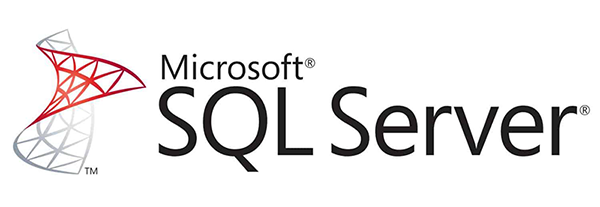When it comes to choosing a version of SQL Server, many businesses find themselves torn between the Microsoft SQL Server Standard and Enterprise editions. Both versions are packed with powerful features, but they serve different needs. This article will explain the key differences between the two, helping you decide which one is right for your business. We’ll cover their features, performance, licensing, and costs in simple terms. Let’s dive into it!
Table of Contents
What is Microsoft SQL Server?
Before we compare the two editions, let’s understand what Microsoft SQL Server is. SQL Server is a relational database management system (RDBMS) designed to store and manage data. It is widely used by businesses to handle data for applications, websites, and other systems. Microsoft offers multiple editions, each tailored to different organizational needs. Learn how on-premise vs cloud-based Active Directory solutions affect SQL Server.

Key Differences Between SQL Server Standard and Enterprise
1. Performance and Scalability
When comparing SQL Server Standard vs Enterprise, performance and scalability are two key factors to consider.
- SQL Server Standard: This edition supports smaller databases and fewer users. It’s ideal for businesses that don’t need a huge amount of processing power or storage space. SQL Server Standard is great for small to medium-sized businesses or for non-mission-critical applications.
- SQL Server Enterprise: This version supports larger databases, more users, and higher levels of performance. It’s perfect for large enterprises with high demands for database performance and scalability. If your business runs mission-critical applications, Enterprise offers the power and features you need.
2. High Availability and Disaster Recovery
Another critical difference lies in the high availability and disaster recovery features:
- SQL Server Standard: Provides basic high availability features such as database mirroring and backup. However, these features may not be as robust for businesses with complex needs.
- SQL Server Enterprise: Offers advanced features like Always On Availability Groups, which ensure your data is always available. This is particularly useful for businesses that cannot afford downtime and require 24/7 access to their data.
3. Security Features
Both editions offer strong security, but there are differences in the level of protection:
- SQL Server Standard: Includes standard encryption features, but it lacks some of the advanced security features found in the Enterprise edition.
- SQL Server Enterprise: Includes features like Transparent Data Encryption (TDE), which helps protect your data by encrypting it automatically. It also offers advanced auditing and data masking, which are not available in the Standard edition.
4. Licensing and Costs
One of the most significant differences between SQL Server Standard and Enterprise is the cost:
- SQL Server Standard: More affordable, making it a good choice for small businesses or startups. It is licensed per core or server, and the price is relatively lower than the Enterprise edition.
- SQL Server Enterprise: Much more expensive due to its advanced features. It is licensed per core and is designed for larger organizations. If your business requires advanced features, the investment may be worth it.
Which One Should You Choose?
When deciding between SQL Server Standard vs Enterprise, you should ask yourself:
- Do you need a high-performance database for complex applications?
- Will you need advanced security features or disaster recovery?
- What is your budget for licensing?
For Small to Medium-Sized Businesses:
If your business is relatively small and doesn’t require advanced features, SQL Server Standard is probably your best choice. It offers everything most small businesses need at an affordable price.
For Large Enterprises:
If you have a large organization with complex data requirements, SQL Server Enterprise will provide the features, performance, and scalability you need. The cost might be higher, but the return on investment is significant for larger operations.
- Find out more about Project 2019 vs 2021 for integration with SQL Server.
Frequently Asked Questions (FAQs)
What is the difference between SQL Server Standard and SQL Server Enterprise?
The key differences are in performance, scalability, features, and cost. SQL Server Enterprise offers more advanced features such as Always On Availability Groups, Transparent Data Encryption, and higher scalability. SQL Server Standard is more affordable but lacks many of these advanced features.
Which SQL Server version is best for small businesses?
SQL Server Standard is usually the best option for small businesses. It provides the essential features at a lower cost, and is sufficient for most small to medium-sized business needs.
Can I upgrade from SQL Server Standard to Enterprise?
Yes, it’s possible to upgrade from SQL Server Standard to SQL Server Enterprise. Microsoft allows for smooth upgrades between editions without losing your data.
Does SQL Server Standard support high availability?
Yes, SQL Server Standard does provide basic high availability features such as database mirroring, but it doesn’t offer the advanced Always On Availability Groups found in SQL Server Enterprise.
Conclusion
Choosing between Microsoft SQL Server Standard vs Enterprise comes down to your business’s needs. If you’re a small business, SQL Server Standard will provide you with the necessary features at a lower cost. However, for larger enterprises that require high performance, advanced security, and disaster recovery, SQL Server Enterprise is the better option.
Both editions are powerful in their own right, but understanding the differences will help you make the right choice for your organization. By considering your specific needs and budget, you’ll be able to choose the edition that offers the best value for your business.